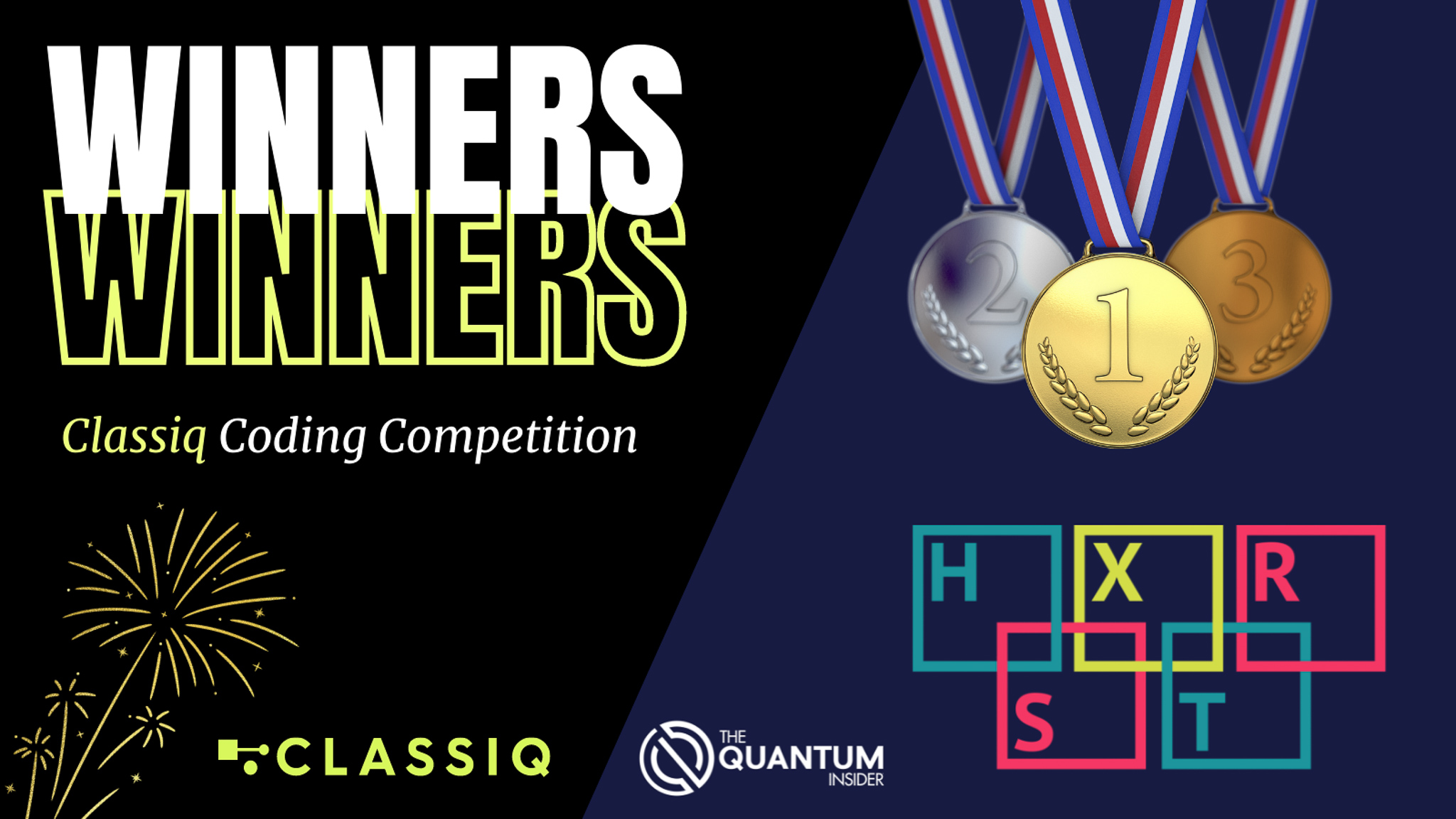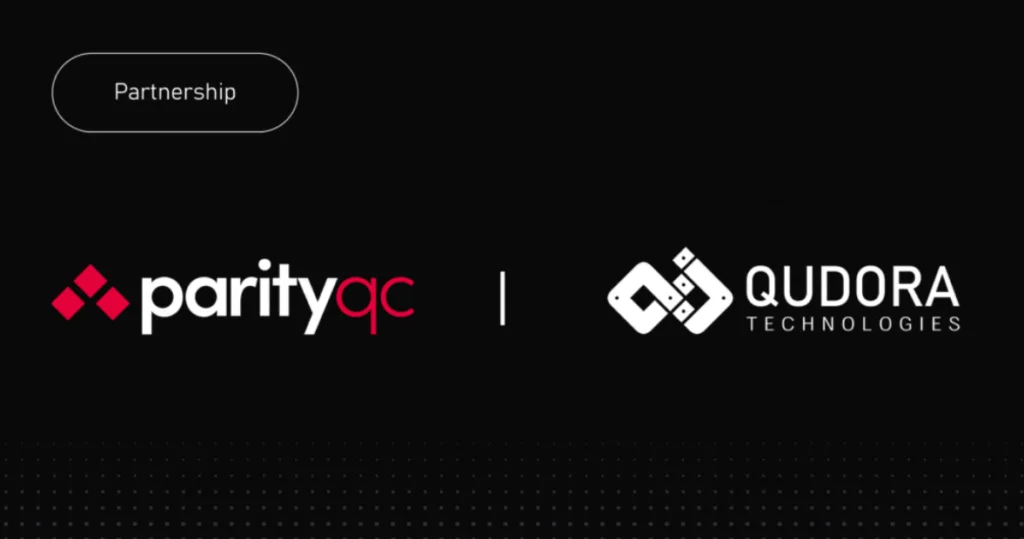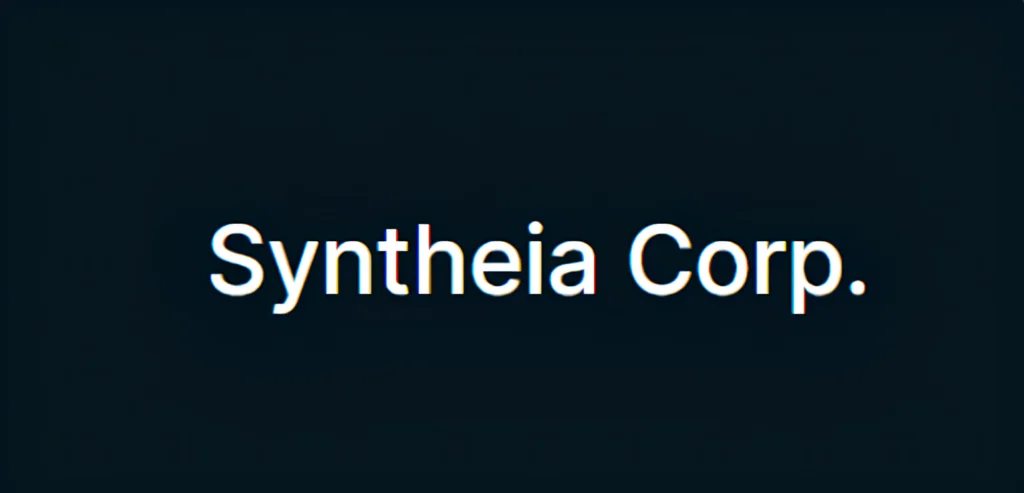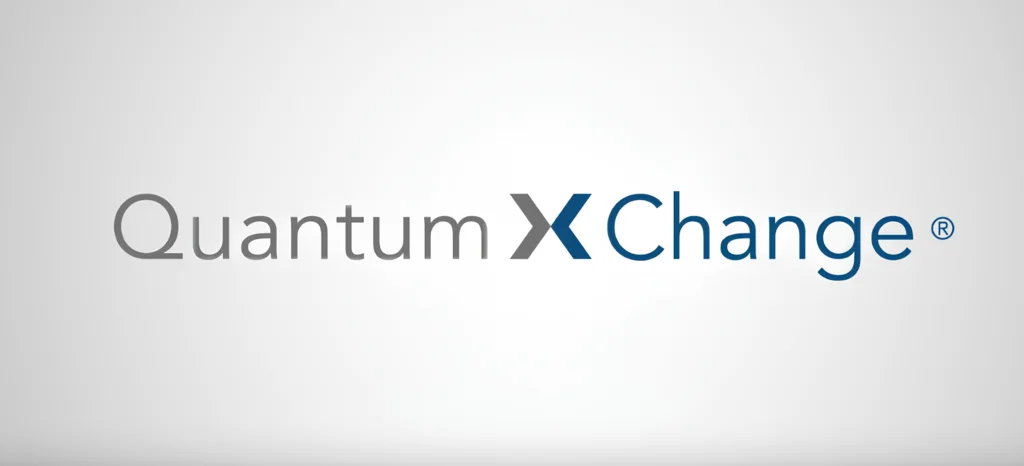The Classiq Coding Competition announced a list of winners of the $25,000 in prize money, according to the Classiq team. The contest was designed to reward those that can create efficient and elegant quantum circuits for a variety of problems.
More than 150 solutions were entered into the contest, coming from nearly 300 contestants from all over the world entering the challenge. The team with the best solution to each problem was awarded $3,000, with runner-up prizes for second, and third-place winners. Special prizes are also given for the most innovative solutions, as well as to participants 18 years or younger.
“The community commitment, level of engagement and creativity were truly off the charts,” said Nir Minerbi, CEO and co-founder of Classiq.
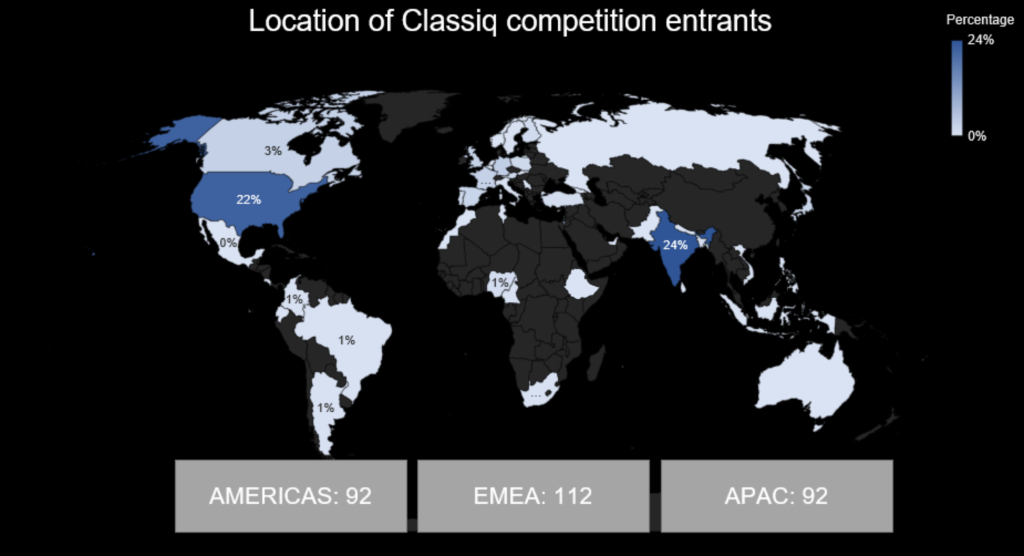 Participants joined the competition from over 50 countries. Some just graduated from high school whereas others were grad students and even professors at universities. Commercial companies also participated, and some contestants banded together to form teams. Several organizations used the competition to train new employees on the rigor of thinking through quantum problems.
Participants joined the competition from over 50 countries. Some just graduated from high school whereas others were grad students and even professors at universities. Commercial companies also participated, and some contestants banded together to form teams. Several organizations used the competition to train new employees on the rigor of thinking through quantum problems.

The hardest part of the contest was selecting the winning entry out of so many excellent solutions, according to the judges.
“Judging was difficult, especially with so many excellent solutions,” said Minerbi. “We used several automated tools as well as help from our world-class engineering team in reviewing many of the submissions. We tried our best to read through the extensive explanations provided by the participants.”
The contest was focused on four key problems in quantum:
Kakuro puzzle, a constraint satisfaction problem, often referred to as a mathematical transliteration of the crossword. Winners included Gold: Adam Glos and Özlem Salehi Köken, Poland; Silver: Naman Jain, India and Bronze: Team Tinubu: Thomas Frossard, Ayoub el Qadi, Quoc Viet Nguyen, Marcelin Gallezot, France.
Hamiltonian Exponentiation, a challenge to generate a circuit to approximate the unitary exponentiation of the qubit hamiltonian of a lithium hydride – or LiH – molecule. Winners were Gold: Diogo Cruz, Portugal; Silver: Konrad Deka, Poland and Bronze: Janczar Knurek, Poland.
Log-Normal Distribution, contestants were asked to approximate a log-normal distribution, which is used in the Black-Scholes option pricing formula. Winners included Gold: Yotam Vaknin, Israel; Silver: Konrad Deka, Poland and Bronze: Tristan Nemoz, France.
Toffoli Decomposition, the problem was to decompose a 14-control bit Toffoli (MCX) gate. MCX gates are used in many quantum algorithms including the Grover Operator, logical AND operator, various state preparation algorithms, and arithmetic comparators. Winners were Gold: Soshun Naito, Japan; Silver: Nikita Nemkov, Russia and Bronze: Team Carnivorous Cacti (Tarushii Goel, Kareem Jaber, Cyril Sharma), USA.
Because the goal of the contest was to encourage the next generation of quantum scientists, a special prize was offered to participants 18 and under. Winners in that division included Shraddha Aangiras, of India and Team Carnivorous Cacti from Virginia, USA.
The judges included Minerbi, Josiah Bjorgaard, AWS; Russ Fein, managing director, Corporate Fuels Partners; Sebastian Senge, Quantum Computing Incubation Europe, Accenture and Bob Sorensen, Senior Vice President of Research, Chief Analyst for Quantum Computing · Hyperion Research.
The competition was so good that Classiq has declared that everyone who participated is a winner and will be sending out gifts to everyone who registered.
“Even once we announced the winners, many people were clamoring to see the winning solutions. The hunger to learn and improve was palpable and very heartwarming”, says Minerbi.
Over the next few weeks, Classiq plans to let the general public in on the solutions, including an analysis of the solutions. The company added that this will help those who are interested in quantum computing a chance to learn more and improve their skills.
“We will also provide information on Classiq’s quantum algorithm design platform, a software platform that developed quantum circuits at a higher level and can automate many of the manual tasks involved in creating sophisticated circuits,” Minerbi added.
If you didn’t get a chance to enter, Classiq is considering future contests. The company is asking for feedback on the current contest to improve on future renditions of the competition.
If you found this article to be informative, you can explore more current quantum news here, exclusives, interviews, and podcasts.

